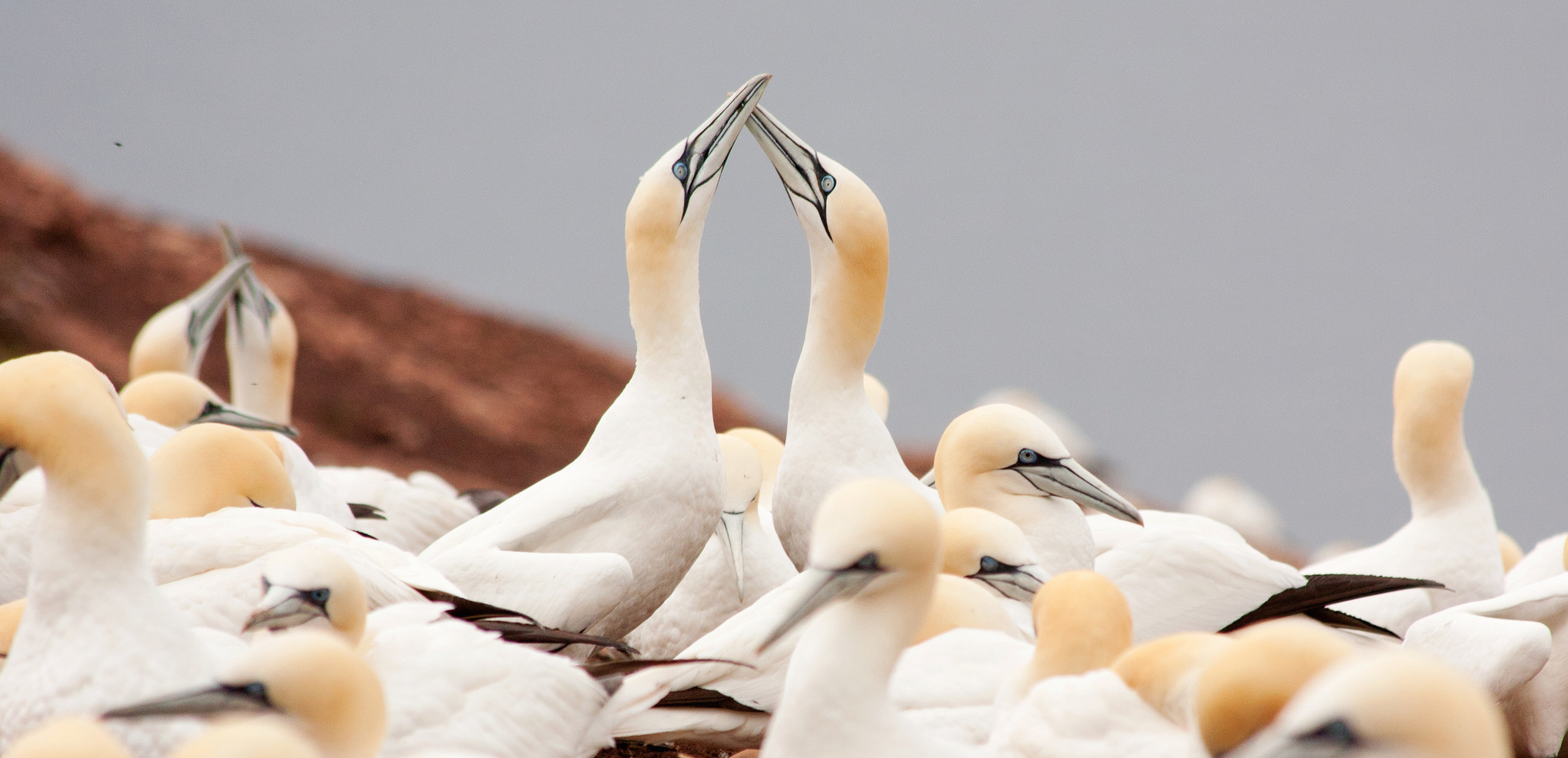The Queer Ecologies Prospecting Team will examine how historically exclusionary and hierarchical ideas of race, sex, and gender are both replicated and disrupted by contemporary laboratory and fieldwork practices, as well as theoretical innovations, in animal behavior sciences. The group conceives of animal behavior sciences—such as studies of mate choice and sexual display—as cultural, social, and political practices. As scientists work to understand animal behavior along the lines of agency, choice, sex, pairing, and bonding, “we are also often co-producing understandings about ourselves and our social worlds that have significant consequences for who counts as human, who has the right to ‘pair,’ and what kinds of behaviors count as ‘normal'," the team's organizers wrote in their proposal.
While much Queer Ecology scholarship emerges from humanities disciplines, this team uniquely cross-pollinates theories, research questions, and political debates among social and natural scientists. They will generate a research agenda (for academics and social-change agents alike) that takes seriously the practices, instruments, field experiences, communications, media representations, and political alliances that constitute the very laboratories and scientific communities in and through which knowledge of “queer animals” and “queer ecosystems” is being produced.
Image Credit: Creative Commons via Flick: "Northern Gannets," Bonaventure Island, Andrea Schaffer
